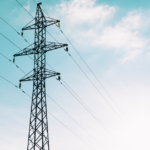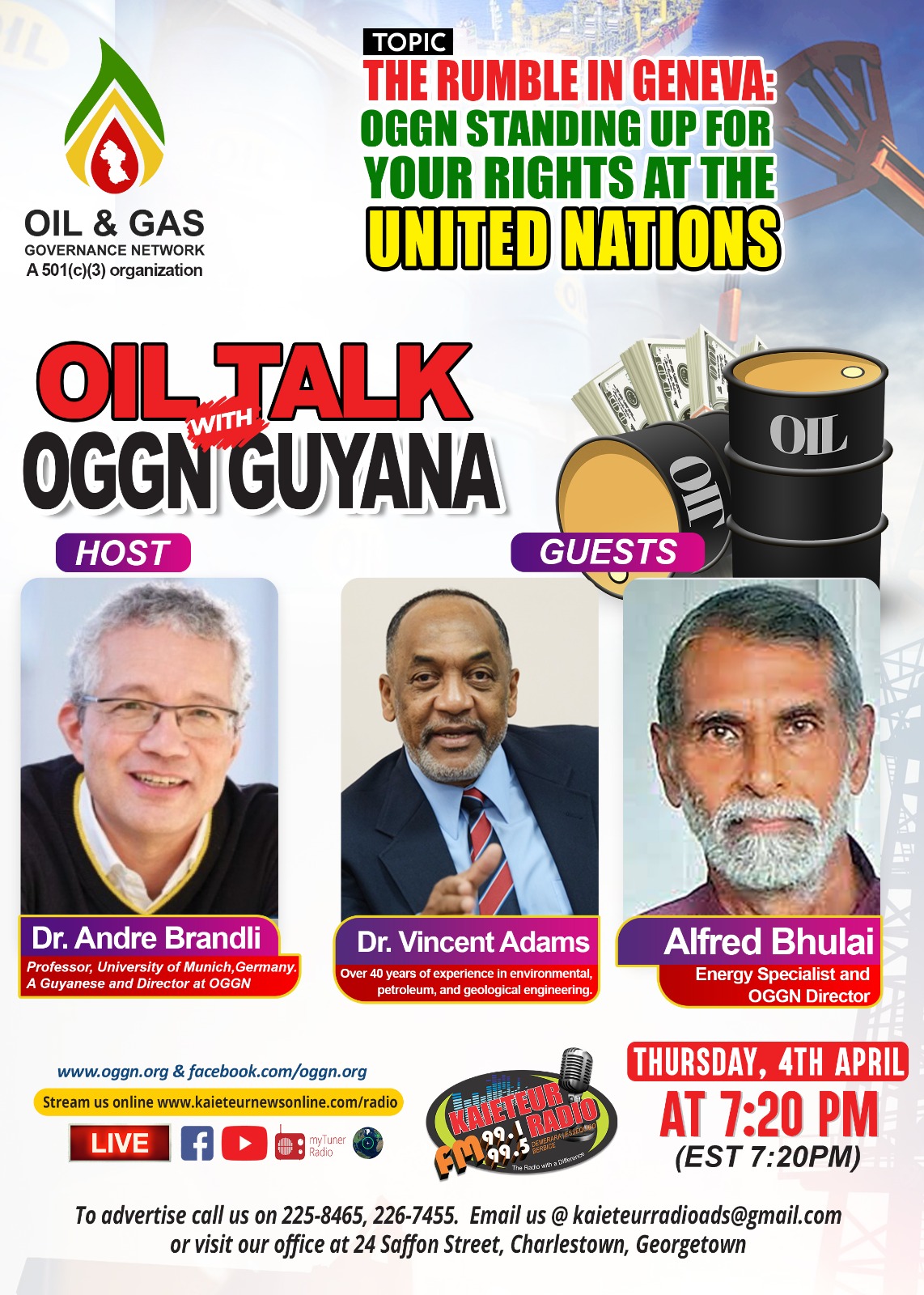Based on the provided text, here are 15 questions and answers:
- Q: What are the environmental concerns mentioned in relation to the gold mines in Guyana?
A: The environmental concerns include rivers becoming silted, affecting the Amarin Community by depriving them of fresh water. - Q: What negative effects are dredges having on rivers in Guyana?
A: Dredges are creating artificial islands, changing the flow path of rivers, and causing erosion along river banks, leading to significant environmental destruction. - Q: What was Dr. Adams’s role at the EPA, and what was his focus?
A: Dr. Adams worked at the EPA, focusing on fixing environmental issues and putting a lot of attention on harmful practices by miners and others. - Q: What is Dr. Adams’s stance on issuing licenses to small miners?
A: Dr. Adams believes there should be a moratorium on issuing licenses to small miners due to environmental and operational concerns. - Q: How can Guyana effectively advocate for a renegotiation of the oil contract?
A: Guyana can advocate for renegotiation by leveraging political and public support, ensuring transparency, and using diplomatic channels to push for more favorable terms. - Q: What is the significance of a concession-type contract in the oil sector, as mentioned by Dr. Adams?
A: A concession-type contract would allow Guyana to take a larger share of the oil profits (55 out of every 100 barrels), simplifying the auditing process and reducing the potential for cost manipulation. - Q: Why is Dr. Adams advocating for a forensic audit of the oil sector expenses?
A: Dr. Adams advocates for a forensic audit due to questionable charges and potential fraud indicated in previous audits, ensuring all expenses are legitimate and fair. - Q: How does the EPA’s lack of training in petroleum sciences affect its oversight capabilities?
A: The lack of training severely undermines the EPA’s ability to effectively monitor and regulate the petroleum industry, leading to potential non-compliance and environmental risks. - Q: What was the impact of the Piper Alpha spill in the North Sea, and what did it lead to?
A: The Piper Alpha spill resulted in 167 lives lost due to a failure in following maintenance procedures. It led to the establishment of stringent offshore safety and environmental standards. - Q: What are Dr. Adams’s thoughts on the current state of oil prices and market dynamics?
A: Dr. Adams believes predicting oil prices is challenging due to geopolitical and technological changes that can rapidly alter market dynamics. - Q: How does the attorney general’s statement relate to stifling free speech and its impact?
A: Dr. Adams criticizes the attorney general’s statement as a tactic to stifle free speech and distract from the government’s failures and mismanagement. - Q: What are the potential consequences of Guyana’s increased oil production on global politics and oil prices?
A: Increased oil production can affect global politics and prices by altering supply dynamics, potentially impacting relationships with other oil-producing countries and market stability. - Q: Why is it crucial for the Guyanese people to hold their government accountable?
A: Holding the government accountable is crucial to ensure that the benefits of natural resources like oil are distributed fairly and that environmental and social concerns are addressed. - Q: What is Dr. Adams’s advice for the Guyanese people as they navigate the challenges of oil production and governance?
A: Dr. Adams advises the people to be vocal and active in demanding fair benefits from oil production, better environmental protections, and transparency from their government.











